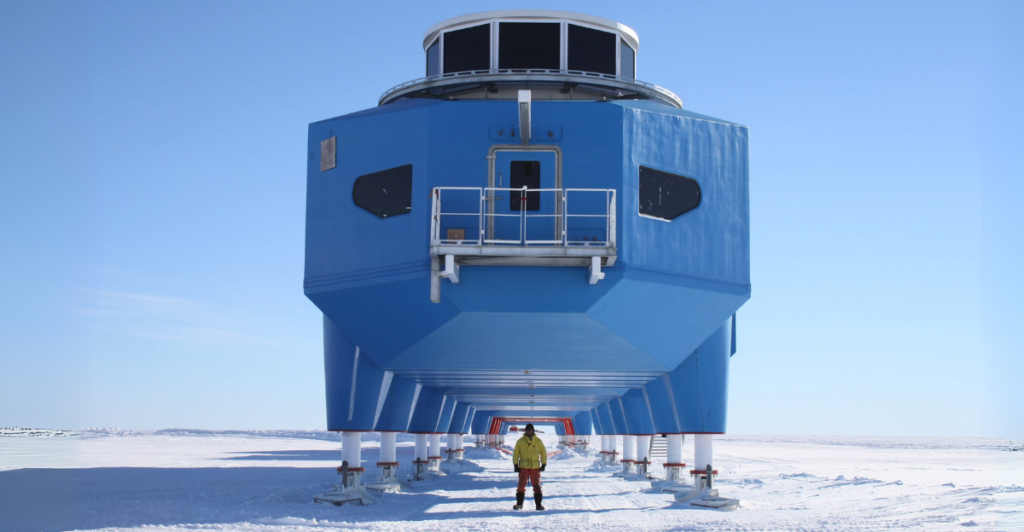
The National Science Foundation (NFS) has been crucial in U.S. Antarctic research and has been running three permanent stations, studying critical climate, astrophysics, and ecosystems.
Unfortunately, big budget cuts have been hitting the organization hard, and it’s stated that it will not fund new projects for the 2024-25 and 2025-26 field seasons, with only previously funded projects proceeding.
It’s not over, and the NSF now faces more budget cuts. This means that researchers doing important work on climate, wildlife, and the stars may have to stop and abandon their stations. Depending on how big the cuts are, the organization may have to leave Antarctica altogether.
What Happened?
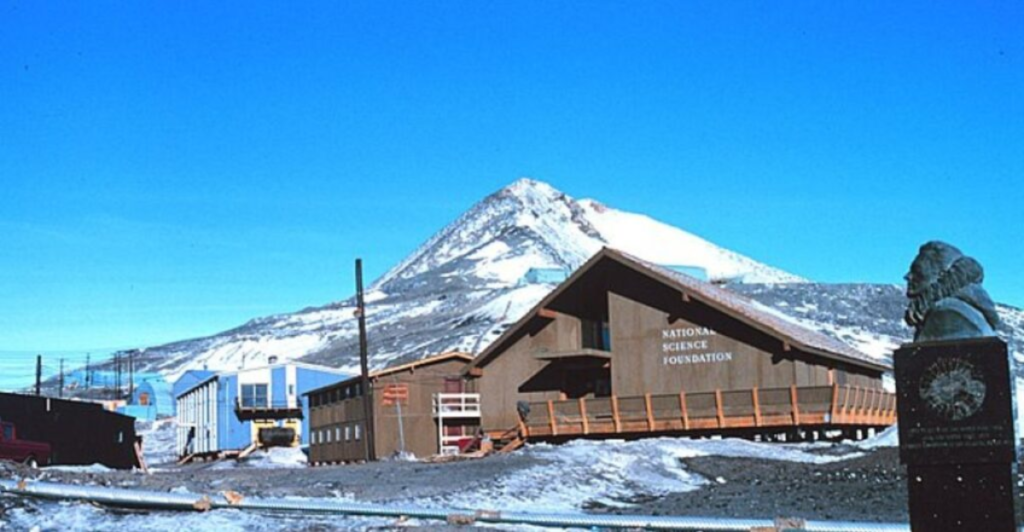
Over many decades, the United States has seen Antarctica as an important place for research. The NSF has used funding to build permanent stations and start long-term studies. This important research has kept America at the forefront of Arctic science.
In recent years, things have changed completely, and now costs can barely be paid for with budget cuts. The pandemic only exacerbated this issue, shutting down a lot of research.
As planes and equipment start becoming dated and expensive to maintain, the NSF is running out of money to keep everything running. The new budget cuts looming could threaten the station altogether.
Why Does Antarctica Matter?

Antarctica may seem like a mostly lifeless and barren landscape except for the odd penguin, but it’s actually an important place where science and politics are prevalent.
The United States has been researching the continent for many years, and its research stations have helped set the rules for how different nations manage it.
If America pulls out of Antarctica, it could leave a gap for other countries to take over. China, for example, has opened a fifth research station. If the U.S. doesn’t keep up, it will lose some of its ground and political hold.
What Happens When Support Disappears?
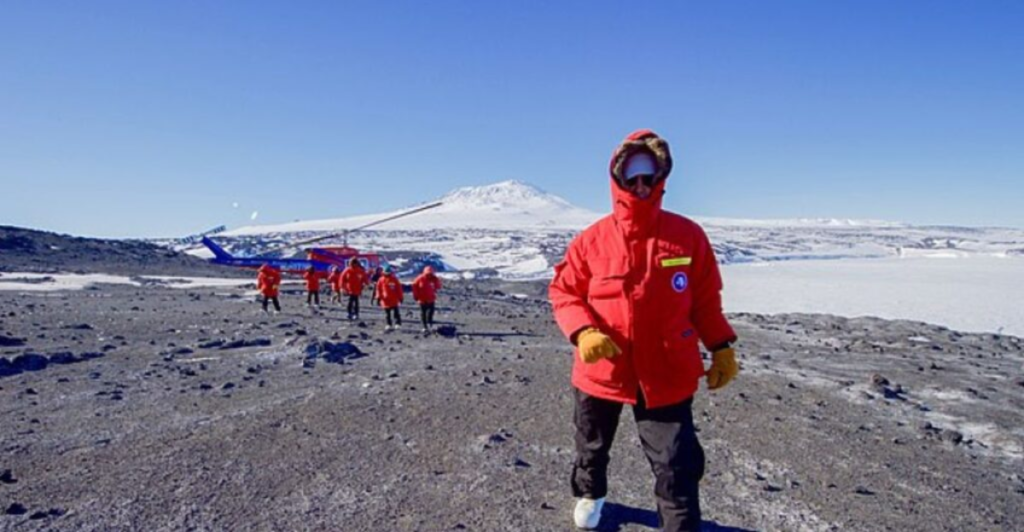
The NSF provides a lot of essential equipment and other amenities for the American scientists who work in Antarctica. From beds to helicopters, scientists need these assets in order to keep their research efforts high.
With less funding. flights are delayed, and researchers struggle to get to their research sites. Major projects like an enormous study on seals have been canceled as there’s no accommodation for the researchers.
Young scientists have been affected particularly badly. They need this funding to gain work experience and build their careers.
Impact On Climate Science
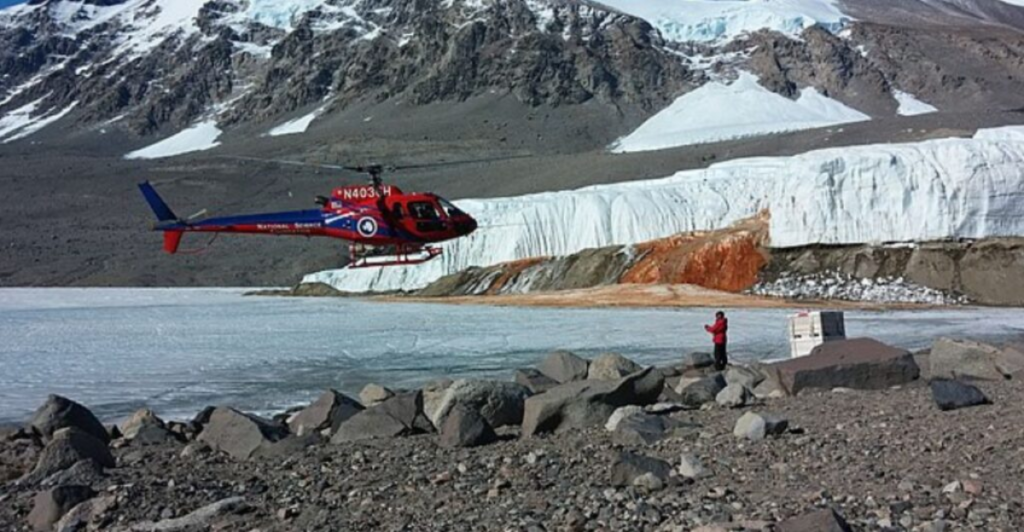
Scientists around the world are devoted a lot of their effort and time into climate research, hoping to gain a better understanding into climate change and its effects on the world.
Antarctica is a vital place for this research as data collected on the continent helps scientists predict factors like rising sea levels and global weather patterns. With fewer staff conducting field research, important long-term studies are being set back.
Even just a few years with limited data collection could make climate predictions wildly inaccurate. This puts the entire world in danger when it comes to fighting climate change.
Are Private Companies An Alternative?

Many people argue that if the government steps back, then private organizations and funding should step in. However, this is quite unlikely as there’s no money to be made back in Antarctica when mining is completely banned and there isn’t much of a demand for tourism.
Even huge private companies like SpaceX have found that Antarctic endeavors are too expensive to fund research.
Countries like China are combining strategic goals and government funding, having more cohesion than the United States. If the U.S. wants similar goals, it will need to support the NFS wholly.
Human Cost
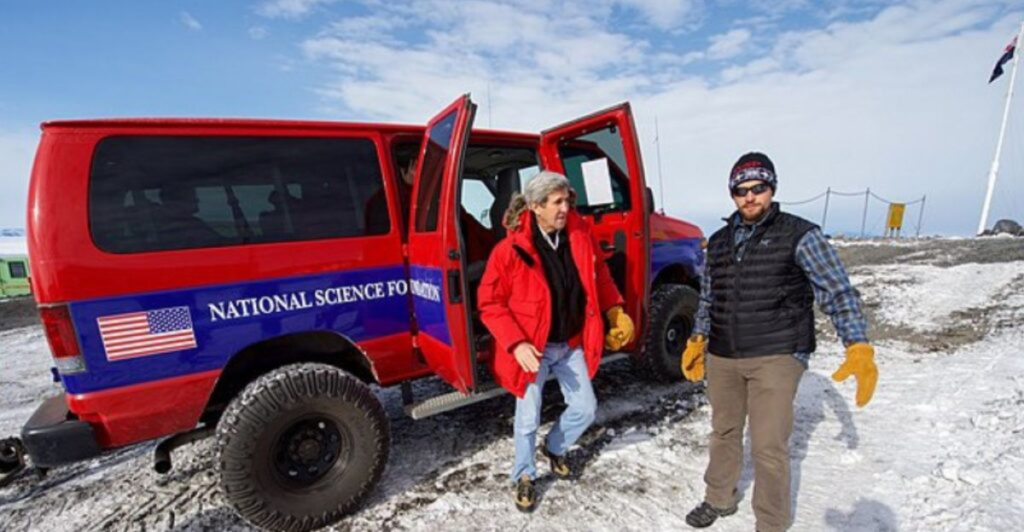
The funding cuts are not just impeding vital research efforts; they are also affecting a lot of people. Many scientists are in the middle of important research and now feel like their jobs and essential work are being threatened.
This uncertainty of whether projects will be canceled halfway through or faculty being laid off is lowering morale and causing burnout. This has meant that more researchers are leaving before it’s too late.
Countries like New Zealand have even been offering mental health support to their scientists who work in Antarctica – something the United States is behind in.
New Zealand Stepping In
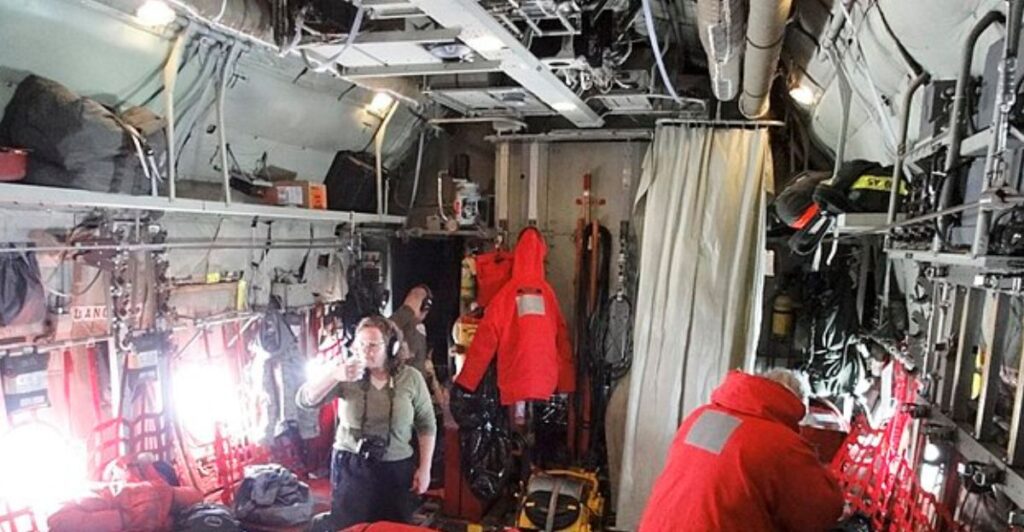
As funding for Antarctic research is being pulled, New Zealand is stepping in. While American scientists worry about the future of their research, New Zealand has noticed this and offered them a lifeline.
They’ve offered U.S. scientists jobs where their research can be sustained and a place to stay. This “friendly” outreach means that other countries could follow suit, poaching American scientists who are uncertain if their jobs will exist in the near future.
Some of the top U.S. scientists have already moved their work to New Zealand’s stations, boosting their nation’s scientific endeavors in Antarctica.
Are Researchers Needed?
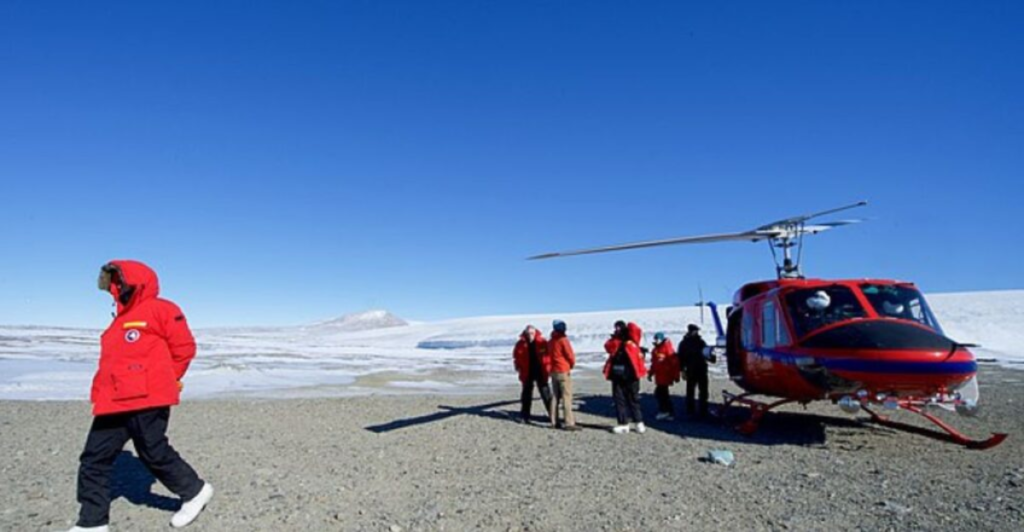
Many have argued that as technology advances, the need for people to conduct field research diminishes. While satellites and artificial intelligence could play a role in aiding Antarctic research, the human element cannot be replaced altogether.
Bad weather often blocks satellites’ views of the terrain, and people still need to set up and check equipment.
Technology is not advanced enough to be the only element in Antarctic research, and scientists will still be required to conduct field research, but with recent budget cuts, it may not be feasible to do so anymore.
What’s At Stake
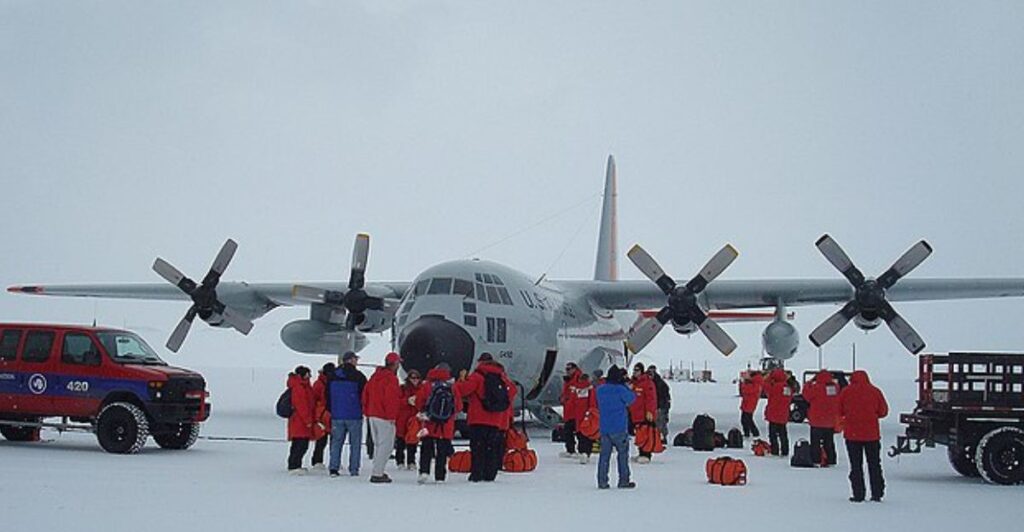
The NSF funding being cut in the past and now again in the future could be a huge mistake for Antarctic research, which is so important for many scientific endeavors.
A small amount of money may be saved in the short term, but it risks America losing its foothold on the continent and as a leader in science.
Climate research will be severely impacted, and if something doesn’t change soon, the U.S. could leave its place in Antarctica forever when stations shut down, and researchers defect to other nations to continue their research, but not for American interests.
Explore more of our trending stories and hit Follow to keep them coming to your feed!

Don’t miss out on more stories like this! Hit the Follow button at the top of this article to stay updated with the latest news. Share your thoughts in the comments—we’d love to hear from you!







